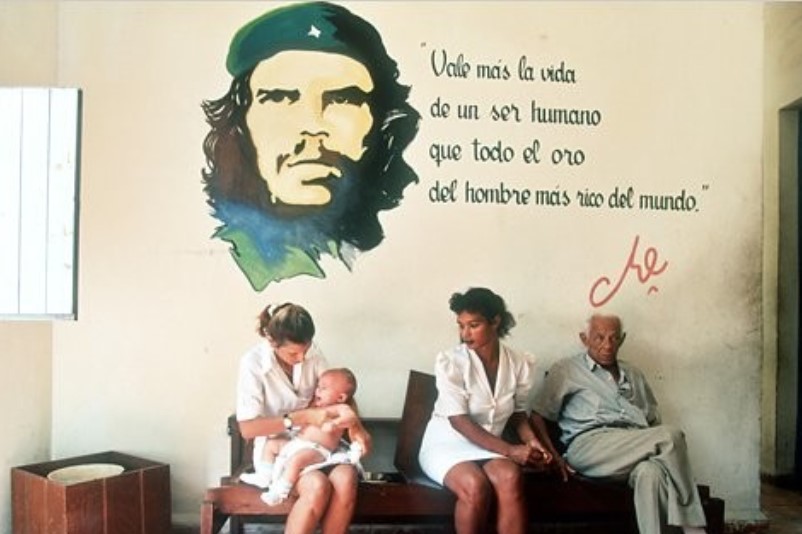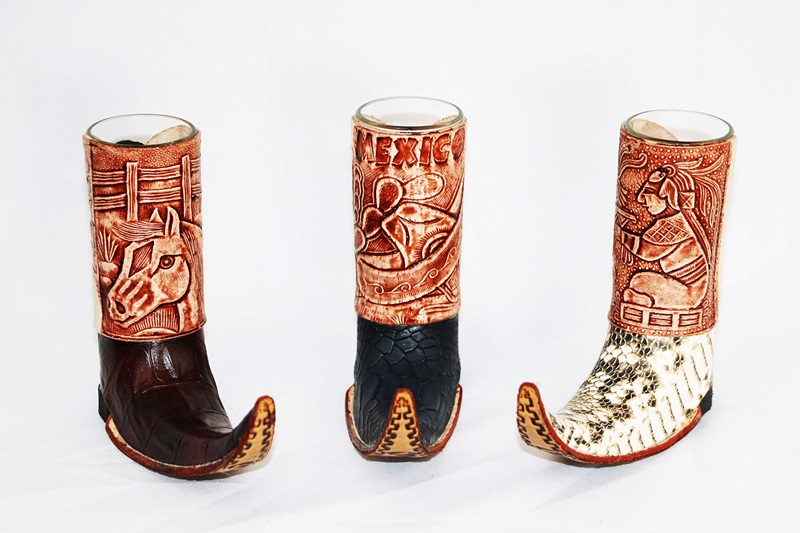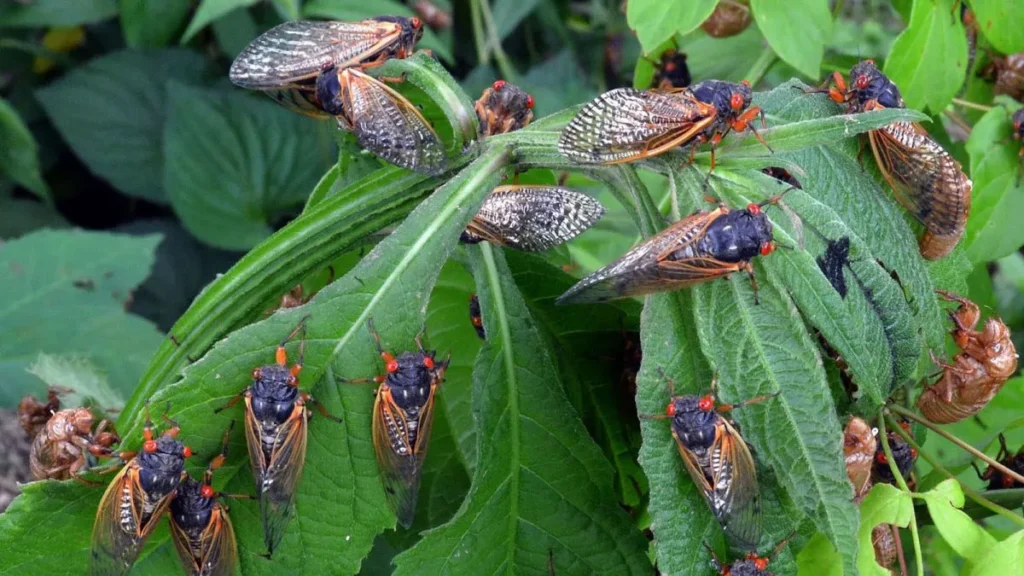Cuba: Eliminate mother-to-child transmission of syphilis and AIDS

According to the government of Cuba, it has become the first country to eliminate mother-to-child transmission of syphilis and AIDS.
In this regard, Cuba proclaimed that it is the first country in the world to eliminate mother-to-child transmission of syphilis and AIDS.
The statement was made by physician José Ángel Portal Miranda, First Deputy Minister of Public Health.
A group of 15 experts from the World Health Organization will arrive in Havana this Sunday to confirm that Cuba has managed to eliminate the transmission of syphilis and AIDS through mother-to-child transmission.
The visit will test this assertion, so they will visit hospitals, polyclinics, laboratories and clinics in different provinces.
The elimination of syphilis and AIDS transmission from mother to child requires high medical precision.
“I think the country exhibits a consolidation in the results of its sexually transmitted disease prevention program and we are in a position to achieve that validation,” the official said.
There is a risk of HIV transmission from mother to child during pregnancy, at the time of delivery and through breastfeeding.
Syphilis, on the other hand, is an infectious disease that is exclusive to humans and is sexually, blood and perinatal transmitted.
Congenital syphilis results from perinatal transmission of the infection to the newborn through transplacental passage or during passage through the birth canal.
Women giving birth in the United States are now three times more likely to have syphilis than they were in 2016, according to a report released Tuesday by the U.S. Centers for Disease Control and Prevention (CDC).

Eliminate mother-to-child transmission of syphilis and AIDS: United States on the rise.
While Cuba boasts of eliminating mother-to-child transmission of syphilis and AIDS, the statistics in the United States remain stark.
The sharp increase in maternal syphilis cases coincides with an alarming spike in congenital syphilis, that is, cases in which a baby is infected before birth.
In infants, syphilis can be a serious, disabling and sometimes fatal infection.
READ MORE: CAN I MOVE TO THE USA WITHOUT A JOB?.
More than 10,000 women who gave birth in 2022 had syphilis, up from about 3,400 cases in 2016, according to CDC data. That’s about 1 case of maternal syphilis for every 357 births.
The increase in congenital syphilis is a “direct result of unscreened and untreated mothers,” said specialist Irene Stafford, a maternal-fetal medicine physician at UTHealth Houston, who was not involved in the new research.
Syphilis “is especially pathogenic, especially infectious to the fetus, and rates are skyrocketing.”
For pregnant women in the early stages of an untreated syphilis infection, there is about a 70% chance that the infectious agent will pass to the fetus through the placenta, according to Stafford.
The risk is about the same at all stages of pregnancy and decreases only slightly in the later stages of infection.







